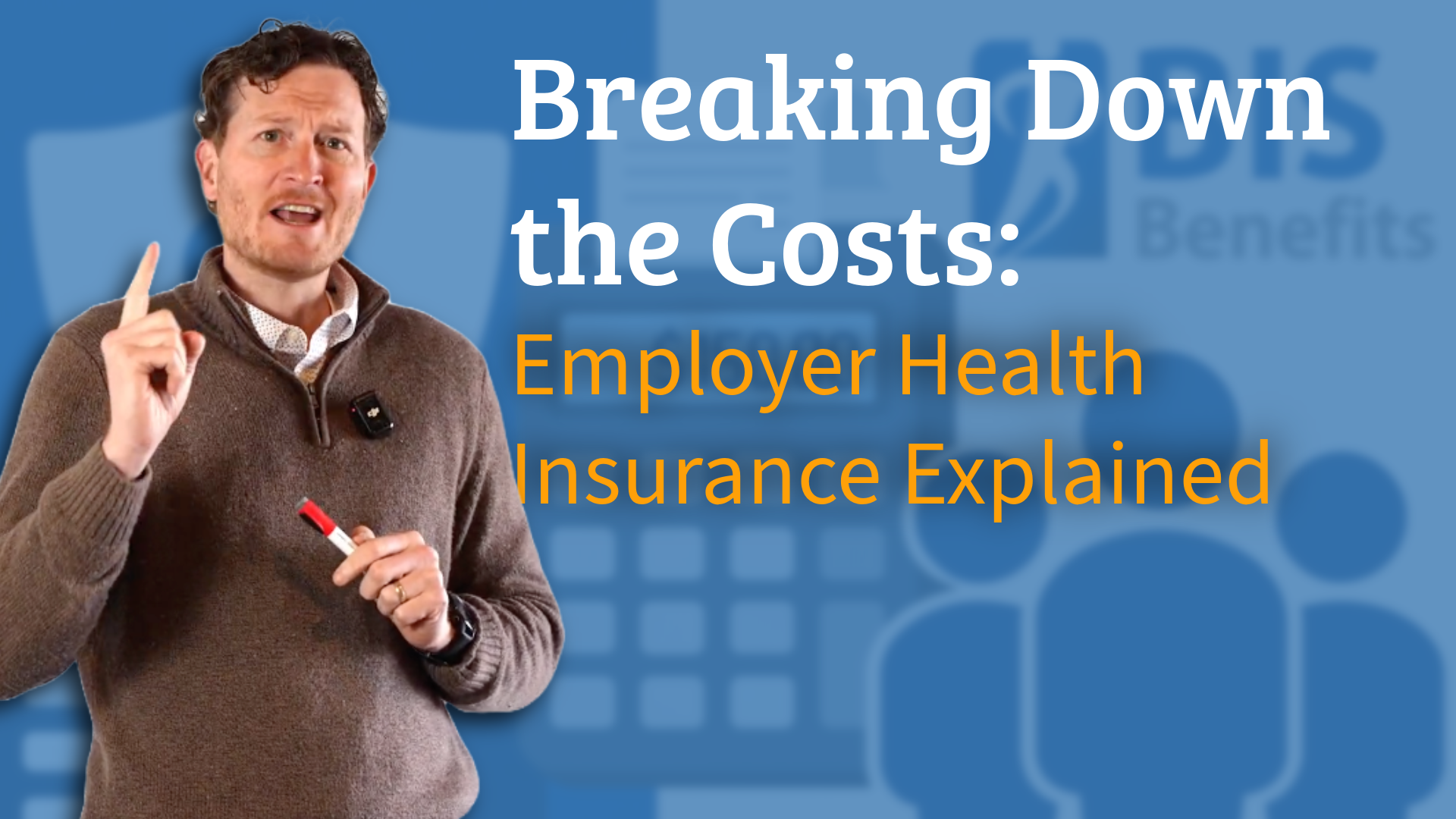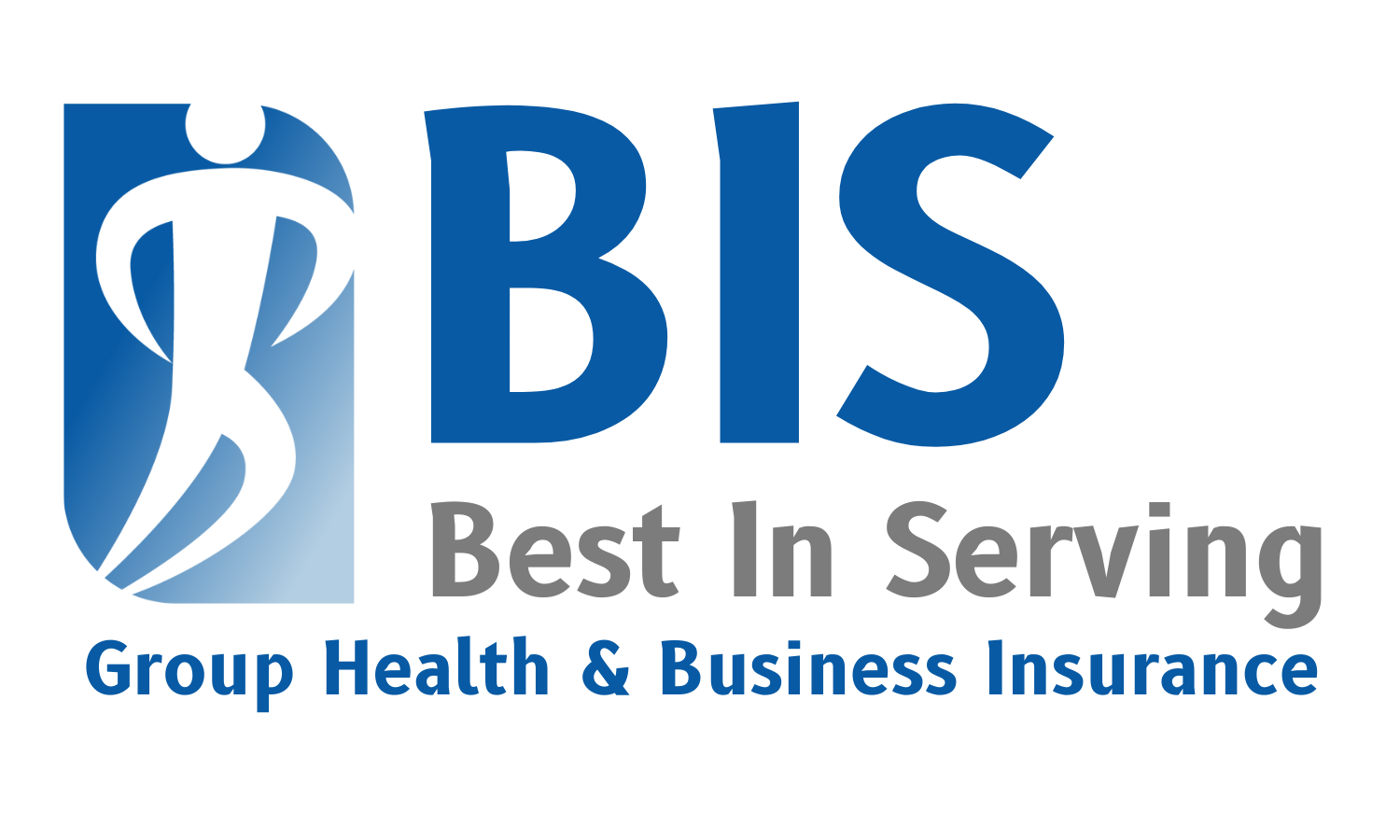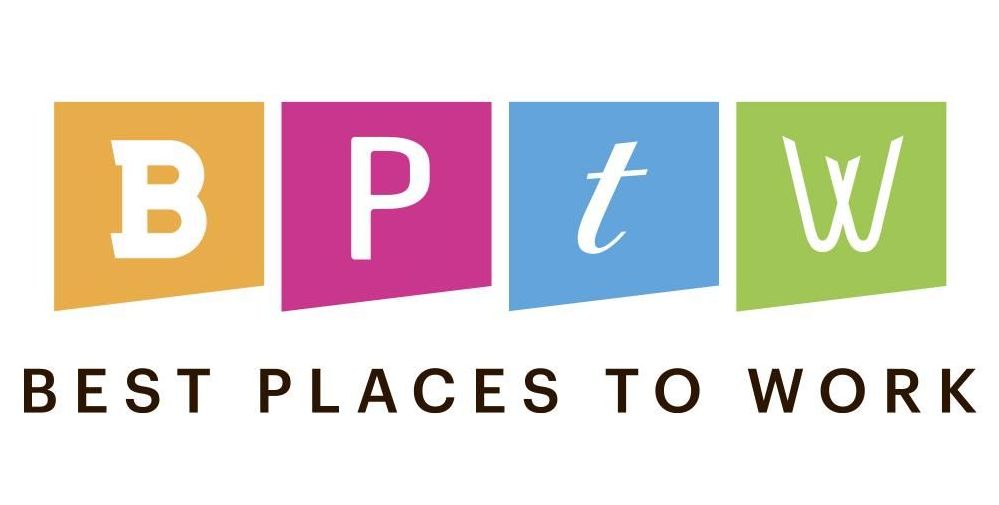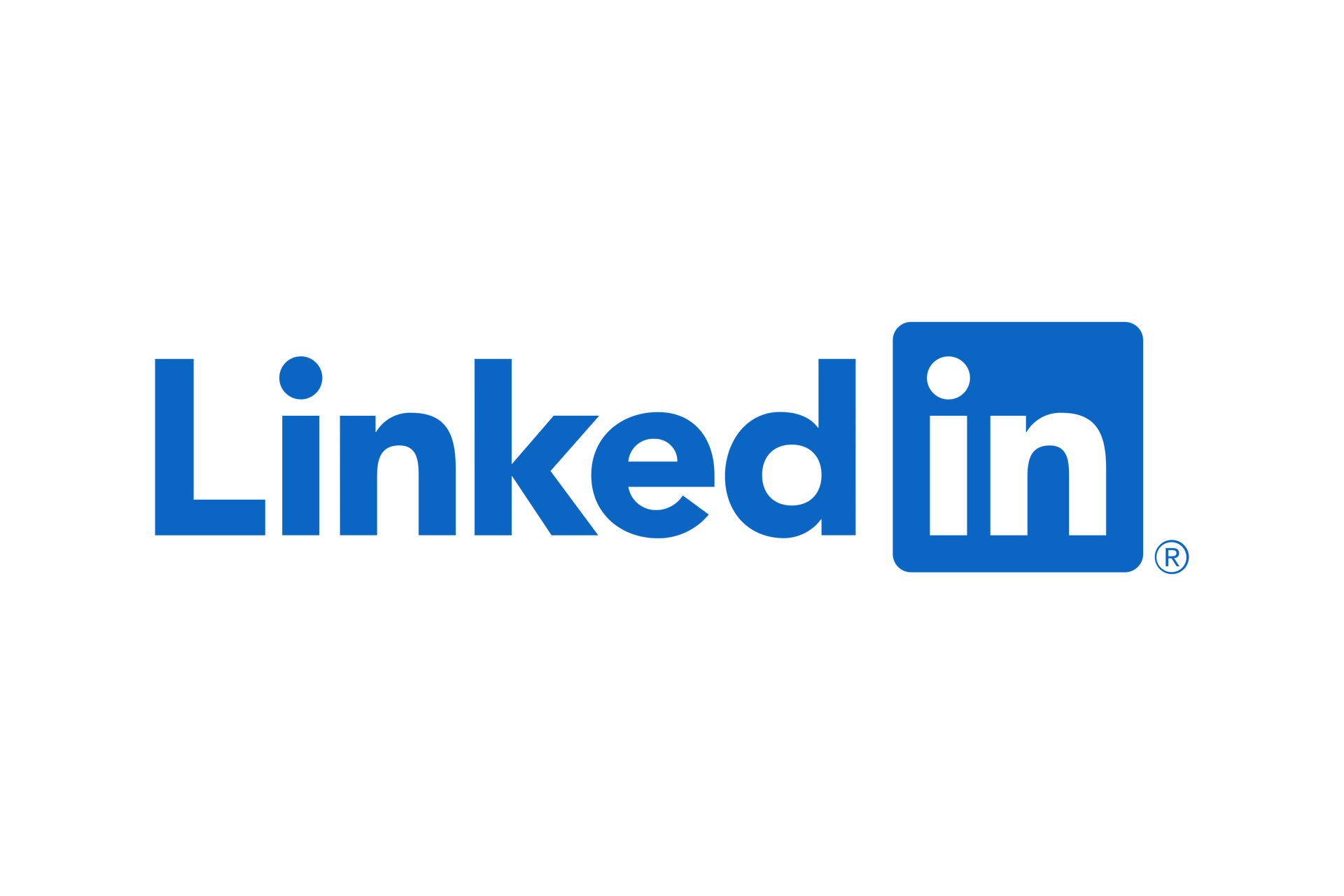Electrical Contractors Insurance in Georgia : What You Need to Know
Electrical Contractors Insurance: What You Need to Know in Georgia
Electrical contractors in Georgia, from Atlanta to Savannah, face unique risks on the job. Whether you're working on residential, commercial, or industrial projects, having the right electrical contractors insurance is crucial to protect your business from financial setbacks. Understanding electrical contractor insurance requirements ensures that your company remains compliant while mitigating risk.
Understanding Electrical Contractor Insurance Coverage
Not all electrical work carries the same level of risk. Are you installing residential lighting in Alpharetta, rewiring commercial spaces in Marietta, or handling heavy industrial projects in Augusta? Each type of work comes with different liability insurance for electrical contractors requirements. Many insurance carriers will cover light residential work but may hesitate to underwrite policies for industrial projects involving high-voltage systems.
At BIS Benefits, we work with multiple insurance carriers like Hanover, Travelers, and Hartford to find the right coverage for your specific needs. Unlike single-carrier agents such as State Farm, our broad network allows us to tailor policies to your unique risks.
Key Policies Electrical Contractors Need
- General Liability Insurance – Protects against claims of property damage or bodily injury.
- Workers’ Compensation Insurance – Required in Georgia if you have three or more employees. You can use a Workers' Compensation Insurance Calculator to estimate costs.
- Commercial Auto Insurance – Covers work vehicles used for job-related activities.
- Professional Liability Insurance – Protects against claims of negligence in electrical system design.
- Commercial Property Insurance – Essential if you own a physical office or storage space for your equipment. Learn more about Commercial Property Insurance.
Avoiding Common Policy Pitfalls
Many electrical contractors assume their policy covers all their work, only to find out after a claim is denied. One common issue is policy exclusions, where an insurance carrier excludes coverage for residential construction, apartment complexes, or specific states like New York or Colorado. Another frequent exclusion is subcontractor liability—if you use subs and don’t have the correct risk transfer agreements, your insurance may not cover any damages they cause.
Before signing an insurance policy, it’s crucial to have an experienced broker review it. If you haven’t updated your electrician business insurance in over a year, you could be exposed to uninsured risks as your business grows.
How to Choose the Right Insurance Broker
Partnering with an insurance broker who specializes in business insurance for electrical contractors is key to getting the right coverage. An expert broker will ensure your policy is tailored to your operations, helping with certificate of insurance management so you can focus on your projects instead of paperwork. If you're considering a broker switch, read our guide on How to Change Insurance Brokers.
Get a Free Policy Review
Your insurance should grow with your business. If you haven’t reviewed your policy in the last year, now is the time. BIS Benefits offers comprehensive policy reviews to ensure your electrical contractor insurance covers what you need—before a claim happens.
Contact our team today to discuss your electrical contractor insurance requirements in Georgia and find a policy that provides the right coverage at the right price










